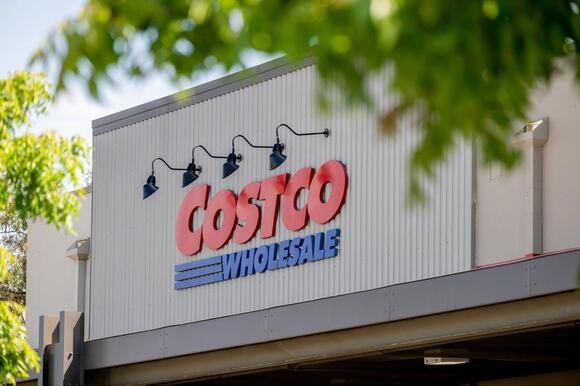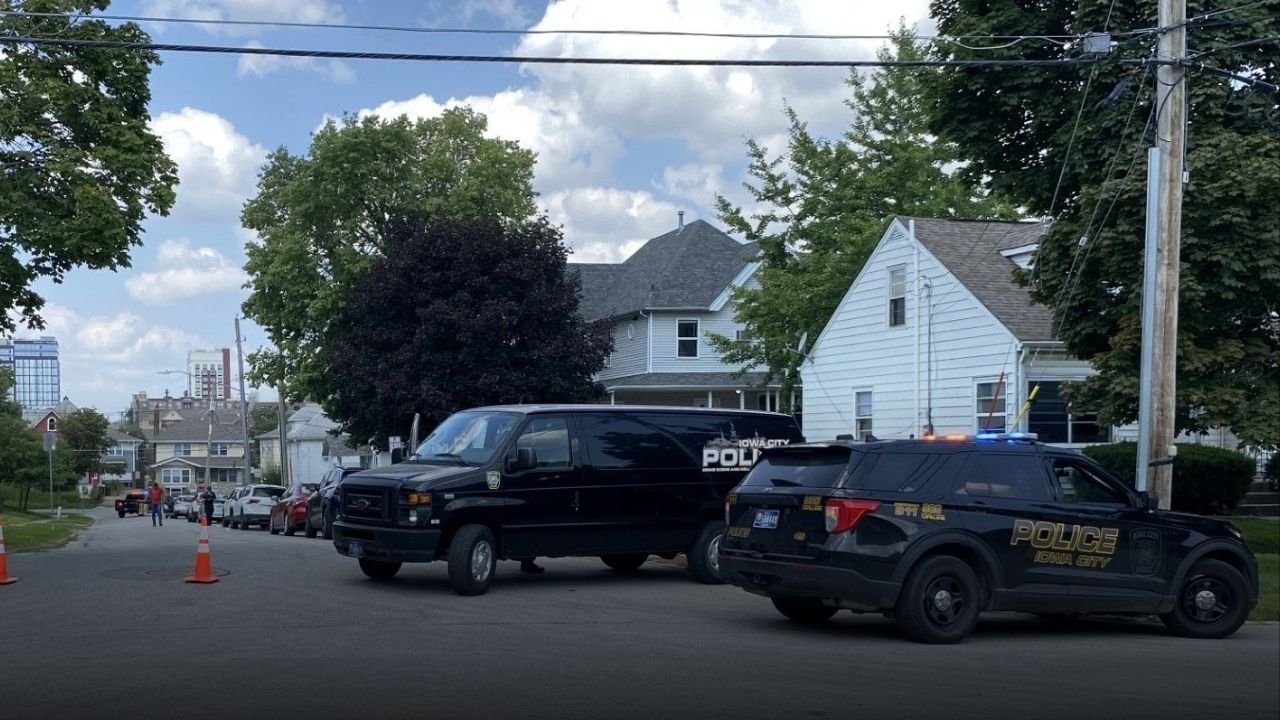CHICAGO — Mayor Brandon Johnson is crediting Chicago’s new tipped minimum wage law with helping spark growth in the city’s restaurant sector — despite fierce opposition from some industry leaders who warned the policy would do the opposite.
Speaking at a roundtable hosted by advocacy group One Fair Wage on Monday, Johnson said the city is already seeing more restaurants opening, improved wages for service workers, and positive momentum tied to the ordinance, which phases out the lower wage paid to tipped employees.
“This is not about blame,” Johnson said during the discussion. “It’s about opportunity. And if the city of Chicago is going to realize its greatest potential, it has to come through investment in working people.”
Tipped Wage Phase-Out Begins This Summer
Chicago’s ordinance, passed last fall, gradually eliminates the subminimum tipped wage, bringing tipped workers’ pay in line with the standard minimum wage over a five-year period.
Currently, employers must pay tipped workers at least 60 percent of the minimum wage, with tips expected to make up the difference. The change aims to reduce income instability and wage theft in the hospitality industry, particularly affecting women and workers of color.
The first increase in base wages is scheduled to begin this summer, with yearly adjustments until the wages fully equalize.
Backlash From Industry Leaders — But Momentum Builds
Many restaurant owners and trade groups had strongly opposed the measure, arguing that increased labor costs would lead to closures, price hikes, and job losses.
But Johnson pushed back on those claims during Monday’s event, saying:
“The restaurant industry is not dying — it’s transforming. And in that transformation, we’re seeing a rise in dignity.”
The mayor was joined by business owners who support the ordinance, including Sandra Soto, owner of Nopalito’s in Little Village, who said the law has actually helped her attract better staff and reduce turnover.
Workers Say It’s A Step Toward Stability
Advocates at One Fair Wage emphasized that the policy corrects a long-standing issue of wage inequality in tipped roles.
Historically, tipped workers — especially in lower-income neighborhoods — have struggled with unpredictable income, harassment, and pressure to tolerate mistreatment for better tips.
“We deserve reliable pay just like anyone else,” said Latasha Green, a longtime server who attended the roundtable. “This law gives us a real chance to survive in this city.”
Johnson Frames It As Part Of His Broader Labor Agenda
Since taking office, Johnson has aligned himself with Chicago’s labor movement, promising policies that “lift working families” and challenge long-standing inequities. The tipped minimum wage law is one of several pro-worker policies his administration has advanced.
He called Monday’s discussion part of a “celebration of progress” — highlighting a shift in power dynamics between workers and employers in the city’s restaurant sector.
“I ran on a promise to make Chicago work for everyone — not just those at the top,” Johnson said. “This is one step in that direction.”
How has the tipped wage law affected your business or job? We want to hear your perspective — join the conversation now on ChicagoSuburbanFamily.com.














